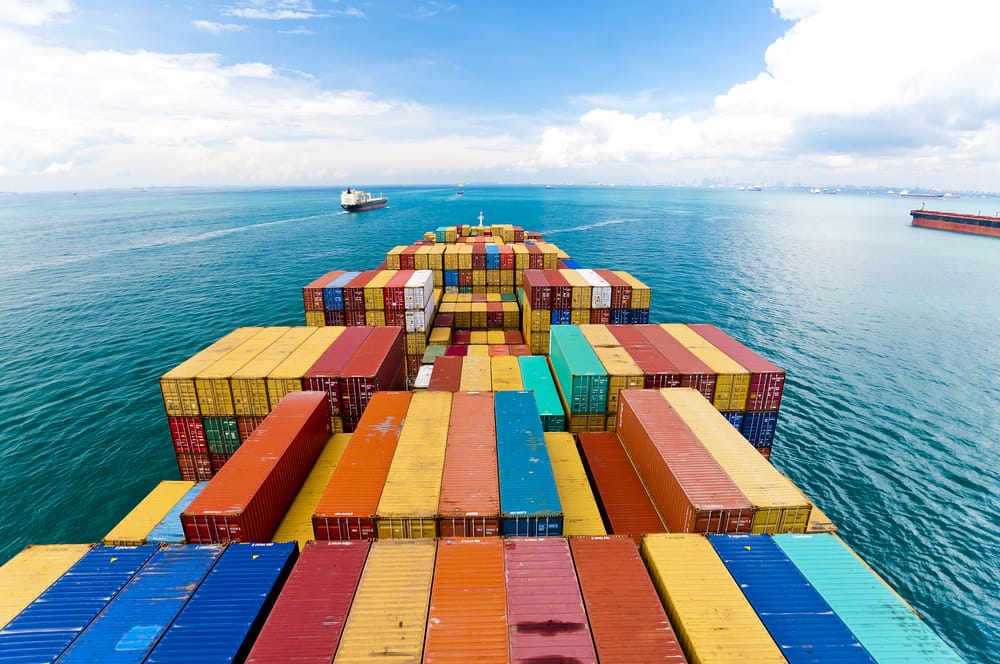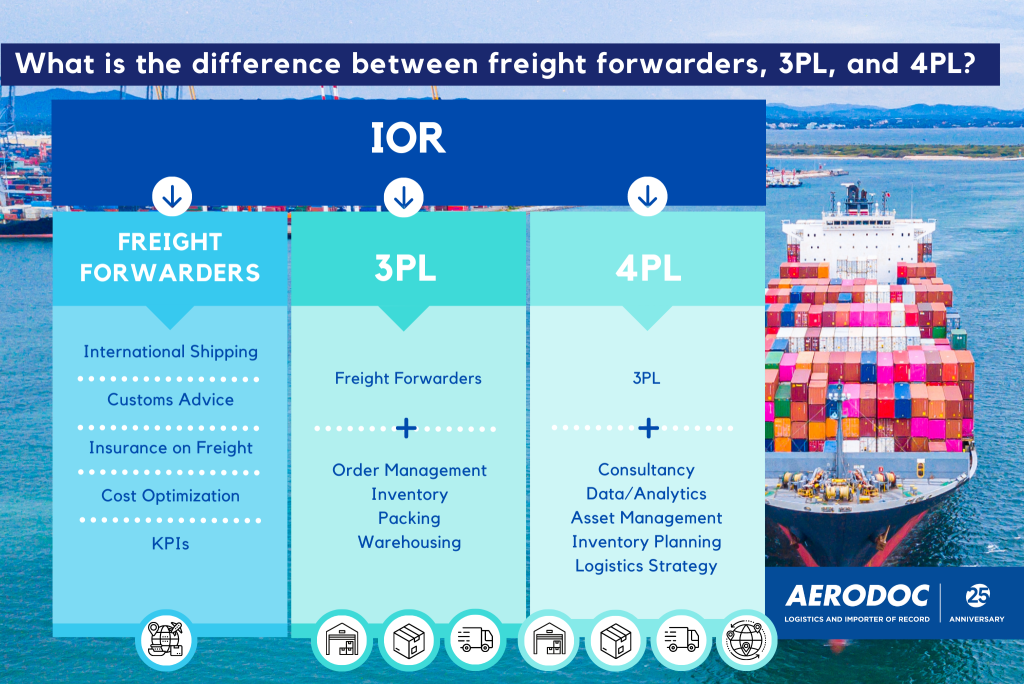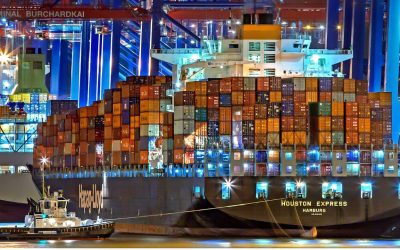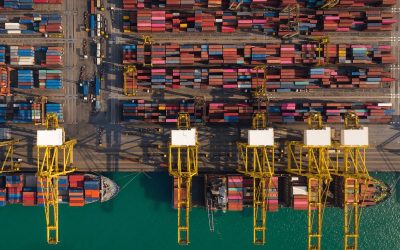Learn why this service is increasingly popular among companies expanding abroad.
In an increasingly digital world, where technologies are removing barriers and helping achieve what was previously unthinkable, international trade is still on the rise. According to data from the World Trade Organization, world trade volume today is roughly 45 times the level recorded in 1950, while world trade values today have ballooned by almost 400 times from 1950 levels.
However, technology and digitization are not solely responsible for this evolution. To ship merchandise from one country to another, companies use a group of operators that play a key role in that process, a role that is becoming increasingly relevant, considering global consumption trends. Nowadays, virtually every company that ships, buys, and sells goods abroad uses freight forwarding services.
What Are Freight Forwarders and What Do They Do?
In simple terms, freight forwarders are organizations or companies providing transportation and logistics services for distributing merchandise internationally. They are not, however, shippers or distributors, but middlemen between the latter and customers. In other words, they provide intermediary logistics services, but on an international scale.
That scale is very relevant to what freight forwarders do. Estefanía Sisatzky, EVP of OPS & Customer Service at Aerodoc, explains why: “Regarding logistics providers, going from the most basic to the most comprehensive services they provide, the most basic one is simply shipping; if that shipping takes place from one country to another, that’s freight forwarding. Intra-country shipments are not handled by freight forwarders but by freight agents in each country.”

Freight forwarders also perform tasks such as customs advice, insurance on shipping, cost optimization, international shipping, Key Performance Indicators (KPI), and performance reporting.
Freight forwarding + IOR
A freight forwarder is not the same as an Importer of Record (IOR). According to Sisatzky, “95% of freight forwarders do not provide IOR services”, adding that “the vast majority of freight forwarding companies do not handle import processes.”
According to Aerodoc’s expert, both services are often offered separately, with very few companies providing – or executing – both: “Some may even offer both, but not through a single company, like Aerodoc does. We provide both FF and IOR, ensuring spotless logistics and imports in more than 160 countries. We work with industry leaders in the IT, broadcasting, satellite manufacturing and telecom verticals to distribute our customers’ gear and expand their global reach without the risks commonly associated with international distribution.
Aerodoc provides a single point of contact to provide end-to-end project coordination.
Differences Between 3PL And 4PL
As was mentioned above, freight agents and freight forwarders provide the simplest logistical services. “Moving up the scale of complexity, you have 3PL, including warehousing and logistics, and 4PL, including additional value-added services,” Sisatzky says.
Both 3PL and 4PL are widely used in logistics. PL stands for Party Logistics and refers to the level of outsourcing required to provide the service – the higher the number, the more outsourced the service is. Therefore, 4PL providers outsource a bigger share of their services than their 3PL peers.

3PL operators can be a good match for companies that need to product warehousing, shipping, and delivery throughout a country, as they handle essential tasks such as order management, inventory, packing, warehousing and freight.
Companies that choose 3PL services can warehouse and deliver their products without the need to own a warehouse or have a dedicated in-house team to receive and deliver products.
To provide 3PL services, besides warehousing, shipping and delivering products, Aerodoc uses technology and a warehouse inventory management system that provides customers with the visibility they need over their stock levels, orders, and deliveries.
Unlike 3PL, 4PL operators do not manage physical logistics, which is usually outsourced to 3PL. In simple terms, 4PL act rather like consultants on logistics needs; they help identify which links of your supply chain may need changes – or working well – and provide advice, data/analytics, asset management, inventory planning, and logistics strategies.

Despite their differences, both 3PL and 4PL can be complemented with IOR for customers that require international services. Instead of a freight forwarder, you might need a more complex service like those; in that case, you will also need an IOR if you do not have legal representation in your product’s country of destination.
If you would like to learn more about Aerodoc’s freight forwarding + IOR service, please contact our team.




